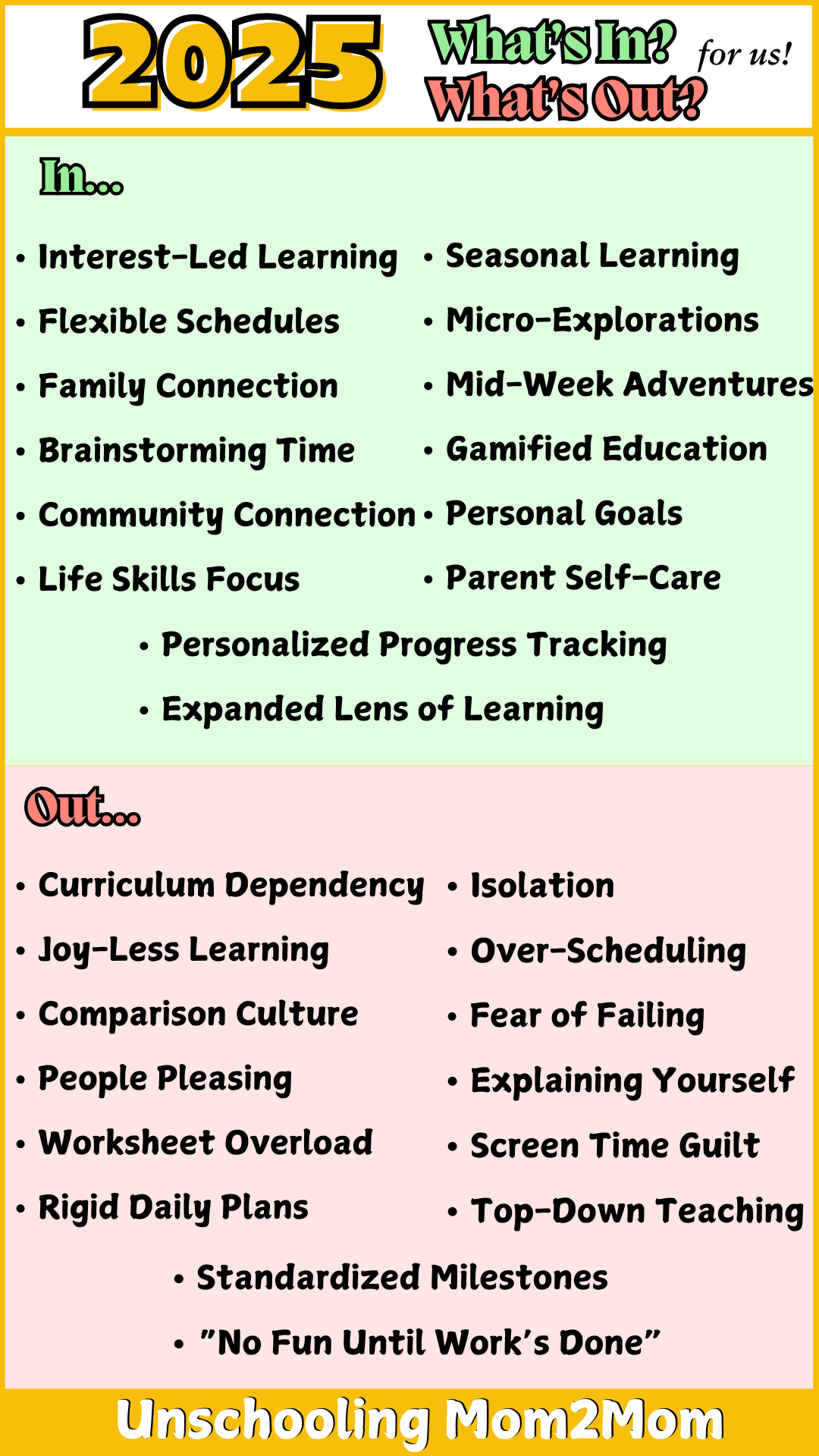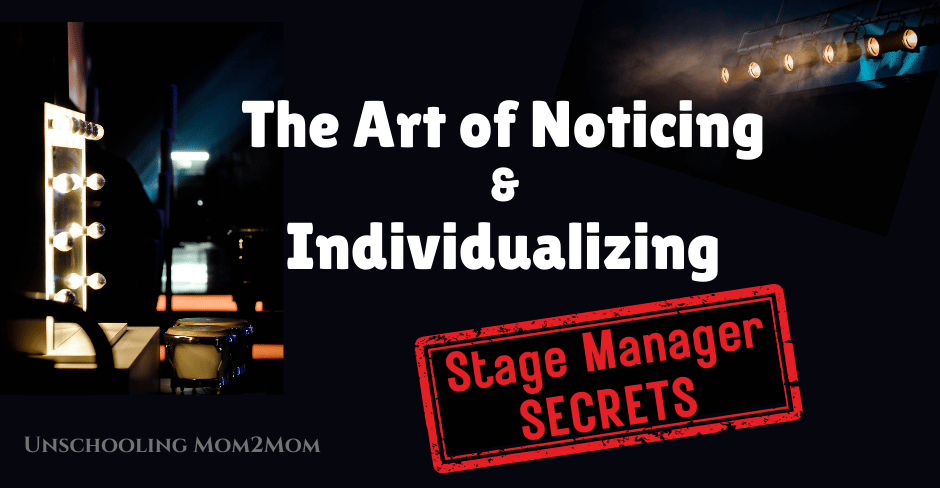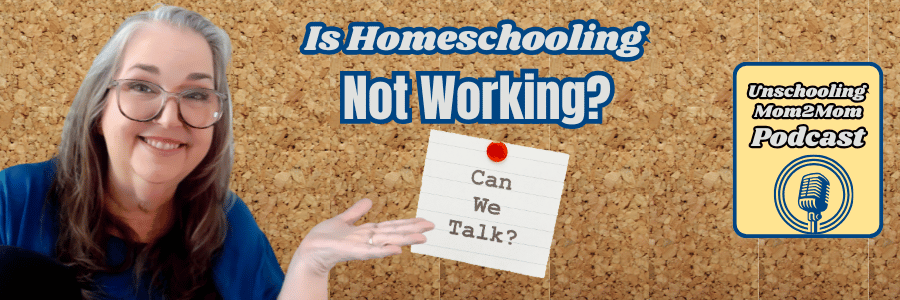What's In & What's Out in 2025?
Sue Patterson
Ins and Outs for 2025
...for Unschooling Parents
Have you seen the trend for this?
I modified it to fit us!
I'll list resources below to help you dive deeper on any of these.

✅ Ins
- Interest-Led Learning – Following your child’s passions and curiosities to drive education.
- Family Connection - prioritizing conversations and listening to kids (late night nachos anyone?)
- Brainstorming Time - Plan (with the kids) fun things to do this month instead of following a curriculum. Brainstorm Guide
- Community Connection – Tapping into the community to expand your world and build relationships. More Community
- Seasonal Learning – Using Winter to help kids learn what they need to know Winter Unschooling Guide
- Micro-Adventures – Small, everyday explorations to ignite curiosity (think neighborhood scavenger hunts or backyard experiments). Unschooling as a Compass
- Mid-Week Adventures - go when lines are short and crowds are minimal
- Gamified Education – Emphasizing playfulness as kids learn strategy AND subjects! More Games
- Flexible Schedules – Allowing the rhythm of your family’s day dictate the flow Structure & Schedules
- Life Skills Focus – The Real World offers so many opportunities to learn! Teen Mini-Bundle has This!
- Creative Documentation – Scrapbooks, blogs, or digital portfolios to record learning experiences. Record Keeping
- Personalized Progress Tracking – Using journals or apps to celebrate growth - no need for grading!
- Personal Goals - Growing your unschooling confidence with deliberate actions (Use Sue’s freebie)
- Parent Self-Care – Prioritizing time for personal growth and relaxation to show up fully for your kids
- Expanded Lens of Learning – Seeing education everywhere: in family movies, car chats, or detours home. These moments spark connection, discovery and looking at the world differently!
❌ Outs
- Curriculum Dependency – Using grade or age level benchmarks to chart the educational course.
- Joy-Less Learning - Forcing kids to do one more workbook page “so we can check it off”
- Over-Scheduling – Feeling the need to fill every moment with structured activities.
- Comparison Culture – Worrying about what other homeschooling families are doing.
- People Pleasing - never learning to trust yourself and your decisions about what’s best for YOUR kids.
- Explaining Yourself - trying to get others to see the value you see
- Worksheet Overload – Focusing on busywork and checking boxes
- Standardized Milestones – Instead of Individualized Learning. About Testing
- Screen Time Guilt – Shaming yourself for kids for learning and loving technology. Unschooling Guide: Technology
- Top-Down Teaching – Prioritizing parent-led lessons over learner-driven exploration.
- Isolation – Trying to do everything alone without seeking community or support.
- Fear of Failing – Doubting your ability to pull this off
- Rigid Daily Plans – Sticking to a strict schedule instead of adapting to the day’s flow - because that’s what you think “good moms” do.
- Staying the Course - because you’re too scared to switch things up - even though no one is happy or thriving.
- "No Fun Until Work's Done" – Treating fun like dessert after the "veggies" of lessons, leaving everyone too drained to enjoy it. (Missing that learning is weaving IN all that fun!)
I'm hoping to turn these into a Video/Podcast this weekend!











